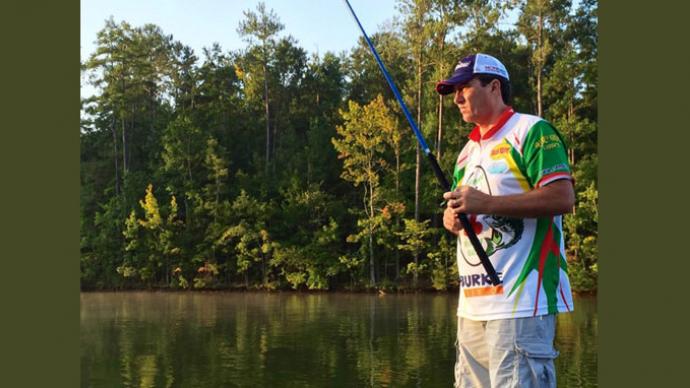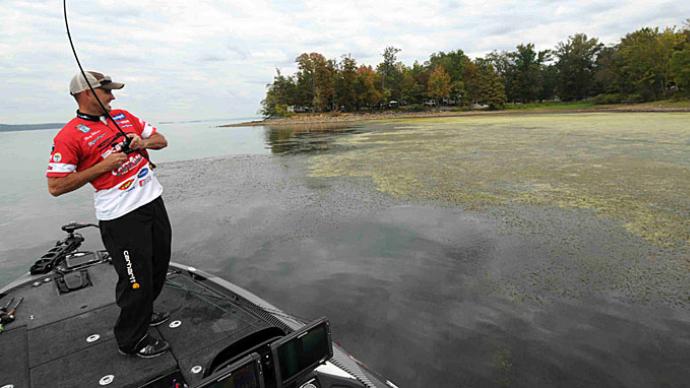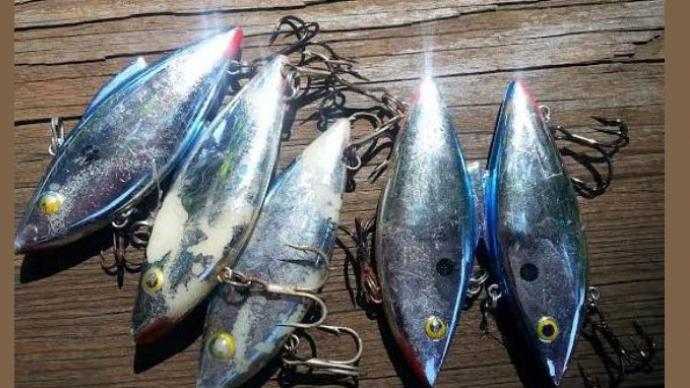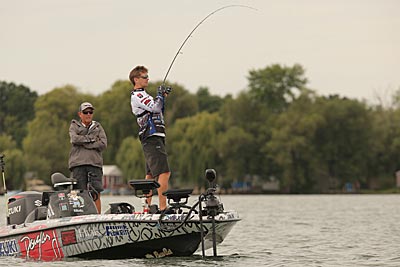
Successful bass anglers do many things right. They’re great casters. They’re great observers. And they’re great puzzle solvers.
In its essential elements, finding and catching bass involves gathering many small pieces of information — current weather and water conditions, for example — and assembling them into a pattern that puts your lure in front of more bass more often.
So, if you take care of the small things, the big things, including bass, will come. The question is which small things to do. Here are ten small things you can do that will make a big difference in your bass fishing success.
1. Listen more
You’ll have many questions as you progress as a bass angler. And it’s essential to ask them. But it’s more important to listen, not only to the answers but in general. Good anglers work hard, spending long hours developing and refining their patterns and approaches. So, with that amount of investment, most aren’t willing to give away everything. They’ll give you just enough to point you in the correct direction. Listen carefully for those details, then string them together. Before long, you’ll be fishing better and gaining confidence.
2. Concentrate on the details
When you first start fishing, you’ll focus on seasonal patterns, such as bass go shallow in spring to spawn, which are the most significant pieces of the fishing puzzle. Eventually, you’ll drill down to a day-to-day understanding of bass activity. Bass don’t contemplate where they are headed or what they are doing. They react to current conditions. Spawning, for example, takes place with more daylight, warming temperatures, and a full moon. But there are spots where they spawn first, such as the northwest corner of a lake, which receives the most warming sunshine in spring and protection from cold north winds. Knowing and acting on these tiny details is the difference between an average and a great angler.
3. Set reasonable expectations
It’s not every day that you’ll load the boat with bass. More often than not, you’ll define success with fewer bites. That’s the way it is for every angler. That understanding also is an excellent way to approach becoming a better bass angler. If each tip and trick you master results in an extra bite, you’ll start catching more bass each trip and more throughout a fishing season. And with each step forward, you’ll gain more confidence in your abilities.
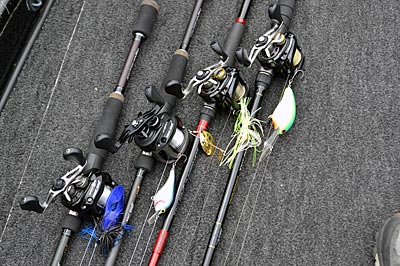
Don’t downplay confidence's importance in your progression as a bass angler. It’ll keep you going through slow bites and learning new techniques. Eventually, it will allow you to trust your “gut” on the water. And plenty of fishing success will come when you start trusting that little voice inside.
4. Find secret spots, not secret lures
We’ve all been there. A visit to a tackle shop or website for one lure turns into a shopping spree. Collecting lures is fun; having one in every color and size makes you feel better prepared when you hit the water. But the road to true bass-fishing success doesn’t run through the largest tackle box. It connects the best spots. So, before you pick up that next handful of lures, consider using that money for one more trip to the lake or river. Over the long term, you’ll become a better and more consistent angler by focusing on where instead of what because even the best lure doesn’t work unless it’s fished where there’s bass.
5. Define your fishing fun
Maybe it’s catching the most. Maybe it’s catching the biggest. Maybe it’s exploring new waters. Fishing is great because there are so many ways to enjoy it. Decide how you like to fish. Define that passion, and your love for and knowledge of the sport will grow. If you enjoy hunting the biggest bass, for example, build your fishing around that, from the lures you collect, rods and reels you select, and the trips you orchestrate. And don’t be afraid of letting what you find fun change. Those new directions may take you to exciting places.
6. Fish for different species … sometimes
According to U.S. Fish and Wildlife Service, U.S. anglers spend the most days chasing bass for good reasons: They’re almost everywhere and a blast to catch. But that doesn’t mean other fish aren’t worth your time. On the contrary, they can be fun to catch, too, and make you a better bass angler. Trout, for example, live and die by current. Chase them, and you’ll become better at reading water and develop a deeper understanding of how all fish use it to their advantage. If you need to work on your patience, try musky fishing. They always appear when you’re ready to give up on them. And if the bass in your local water suspend in summer, practice on walleye.
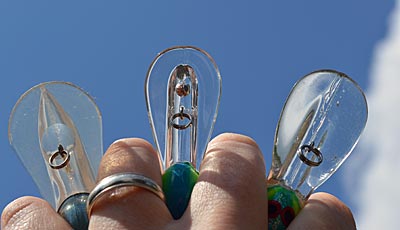
7. Watch the pros
Imitation is the sincerest form of flattery, and it’s an easy way to become a better angler. Those competing on the Bassmaster Elite Series, FLW Fishing’s Tackle Warehouse Pro Circuit, and Major League Fishing Bass Pro Tour are some of the world’s best bass anglers. You can learn a lot from them. So, if the opportunity presents itself, ride along as a marshal in a tournament. You’ll get a first-hand view of how these anglers work and bring home plenty of lessons you can apply to your fishing. Even if your pro is struggling, you’ll get tips on deciding when to change spots, adjusting your presentation, and keeping up your confidence. And most of them will answer your questions throughout the day.
Or attend one of their seminars at your local outdoors show or a meet-and-greet held in conjunction with a tournament. Don’t dismiss a seminar because its topic is broad. Instead, fish out the tidbits of helpful information. If the pro is describing his crankbait fishing, for example, listen for why and where he uses square and rounded bills and how retrieves change with conditions.
8. Step from behind the screen
The internet is home to an endless source of quality bass-fishing information, but you already know that. Why else would you have visited Bassresource.com? But while reading and researching is a significant first step, there’s no substitute for practicing that knowledge on the water, such as developing the feel for a smallmouth subtly slurping your drop-shot bait or perfecting the rod angle skips a jig far under a dock or pontoon boat. So, schedule regular trips. They don’t all have to be a day- or weekend-long adventure. Even a few hours walking around a nearby pond will pay dividends.
9. Stay organized
Success is where opportunity and preparation meet. So, take time to put your gear in order before every fishing trip. This starts with ensuring the line on your reels is in good shape and includes going through your tackle, whether stored in a box, bag, or boat. Check the hooks on your frequently used lures, swapping out rusted or bent ones. Put all your lures back in their correct tackle box, so you can quickly find them when you need them. Sort through your bags of soft-plastic lures, combing half-used bags of the same color and shape. Take note of lures that are missing or getting low, so you can pull more from your excess stock or make a shopping list. And give your boat, outboard, and trailer a once over, making sure wires are connected, screws and bolts are tight, and everything is fueled, charged, and lubricated. Take care of this now, and you’ll be ready when the bass are.
10. Pass it on
It’s true what they say about teaching. No, not the part about those who can’t. Instead, teaching makes you genuinely learn a subject. You have to explain it to someone. Not only does that create a deeper understanding of what you know about fishing, but it also lets you inventory your knowledge. Then you can concentrate on learning what you don’t know. And while you’ll be helping yourself, you also will be helping pass on the sport to others. And you may make a fishing partner in the process.


